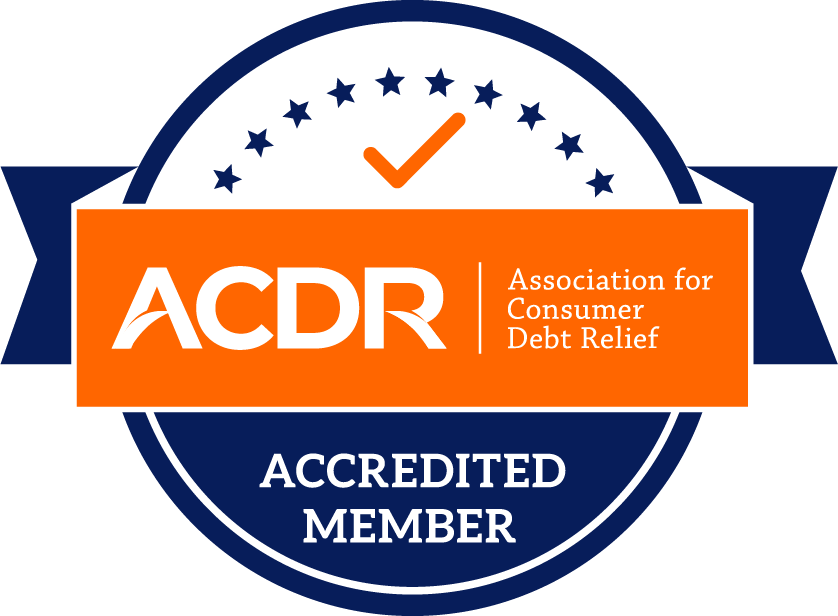Tag Archives: debt consolidation
-

3m read
Read moreDebt Consolidation vs. a Debt Settlement Agreement: Which is Best for You? With all of the information out there today, it can be difficult to decide which debt relief option is best for you. Whether you have multiple maxed out credit cards, huge car payments, or large amounts of unexpected medical debt, there are options […]
-

3m read
Read moreIs Debt Consolidation An Option for You? Debt consolidation consists of a loan to combine all your unsecured debt into one place and pay off the balance gradually with just one monthly payment. Additionally, this option gives you the ability to have a potentially lower interest rate. It is crucial to note that this approach […]
1
2



